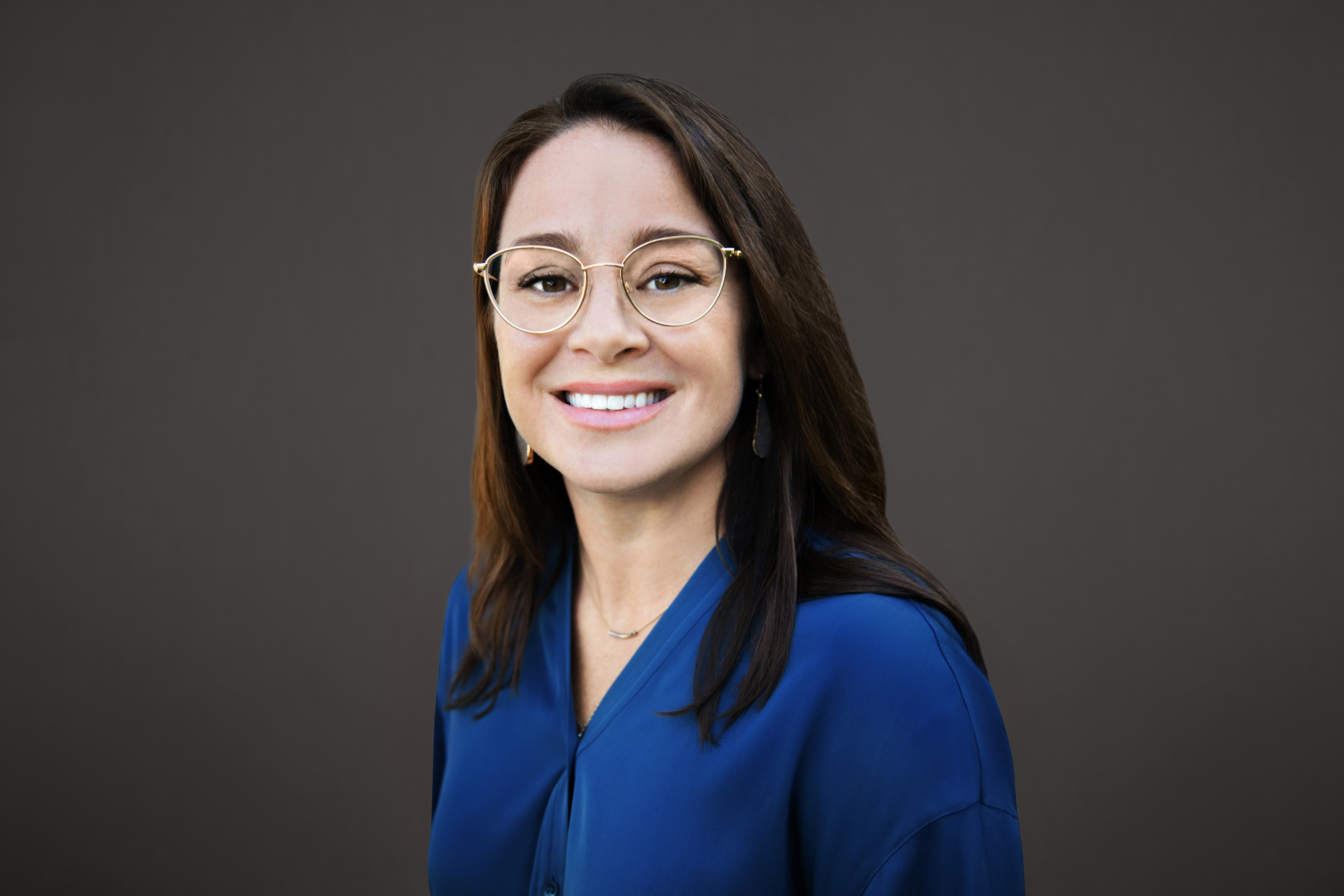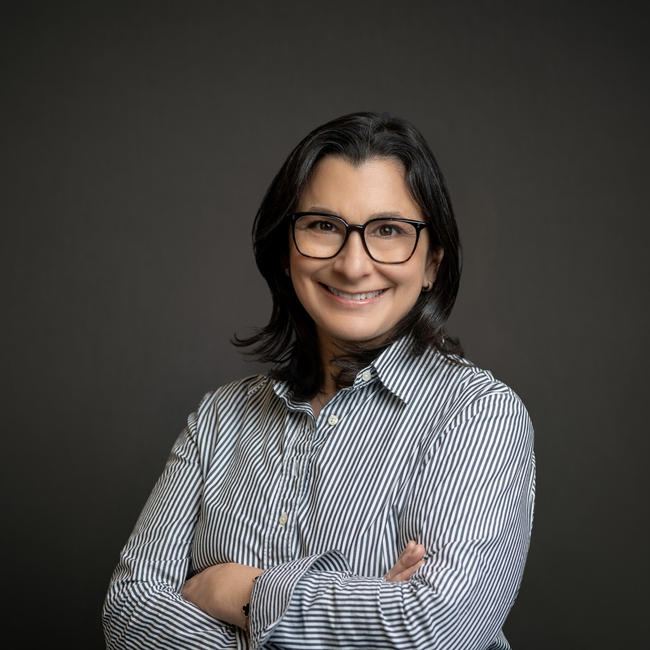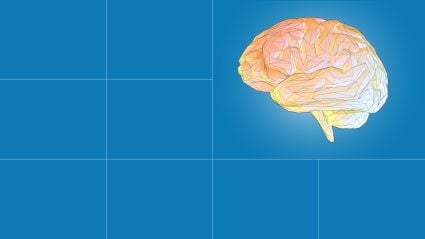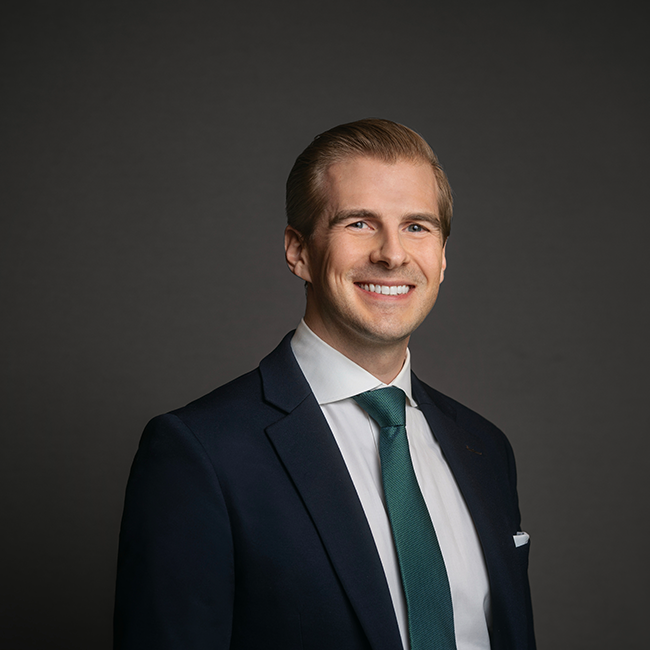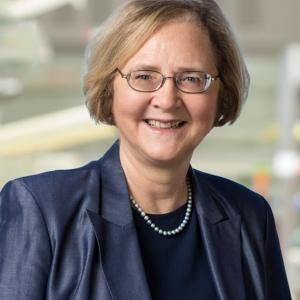Director of the Longevity Genes Project at the Albert Einstein College of Medicine, Nir Barzilai has discovered several longevity genes in humans that appear to protect centenarians against major age-related diseases. Barzilai is also co-founder of CohBar, Inc., a biotechnology company developing mitochondria-based therapeutics to treat diseases associated with aging. In an interview with the Milken Institute Center for the Future of Aging, Barzilai explains why some people have longevity genes and the challenges in drug design for age-related diseases.
In your research, you discovered that you don’t have longevity genes in your family. How did this influence how you approach your work?
I want to do it as fast as possible. I’m more desperate. That’s how it affects me. My wife, on the other hand, comes from a family where her great-grandfather died at age 102. He was born at the end of 19th century, where very few people reached the age of 100—maybe one in a million. His daughter also lived to be the age of 102. My wife’s father is now 87, but if you saw him, you would think he’s more like 70. He plays singles tennis twice a week. My wife’s side of the family is clearly okay, but my side of the family is not okay.
What are some recent findings of the Longevity Genes Project?
We discovered that longevity genes affect the growth hormone axis. So, in nature, smaller animals live longer—small dogs live longer than the big dogs, ponies live longer than thoroughbreds. If you conduct an experiment in a lab, and you have dwarf versions of animals by accident or by design, they all live longer and live healthier.
We found that over 50 percent of centenarians have some gene in the growth hormone pathways that are affected. This might be the strongest link to longevity we’ve seen. We've had a paper recently accepted to be published in Nature Communication that illustrates how we could block the growth hormone with antibodies in mice so that they live 15 percent longer.
Why do some people have the longevity genes and others don’t? And how does it affect our aging process?
Well, I think it’s complex, but I’ll answer it as simply as possible. What’s important to evolution is that you reproduce and pass your genes to the next generation. That happens when you’re young. Now, whether you die the day after you have your kids or you live 100 years, it doesn’t matter because reproduction has already happened. What happens after reproduction is something that evolution cannot really take care of very well. Some people age faster, and some people age slower.
The important thing is, it’s an opportunity, because the current maximum lifespan of humans is somewhere around 115 years. There are probably hundreds of people during the last millennium or so that reached the age of 115. And, on average we die at an age less than 80. So, we have 35 years with low-hanging fruit where we could start working on our maximal capacity and extending our health span.
How do you respond to scientists who only focus on lifespan?
Some of the models we use can extend lifespan without health span. There are nematodes that can live longer, but they don’t move for most of the time—almost in a vegetative state. I have to say that in humans, it’s really not like that. In humans, lifespan and health span are connected. We have to make sure that our treatment isn’t going to debilitate people, but instead will make them live longer and healthier.
You are the recipient of many accolades and awards, including the Wrote Award and Ipsen Longevity Award in 2018. What do you hope to achieve next?
I’m helping to fund more early-stage bioscience and biotech companies, because we should start targeting aging and start developing the drugs now, so that we’re ready when the FDA is prepared to approve them. We have to move fast. I think that, at the very least, in about five years, most elderly people will be on metformin, which is a pill capable of preventing certain components of aging. Add two or three years to that, and there will be better drugs and combinations of drugs that will allow us to live much healthier for longer.

